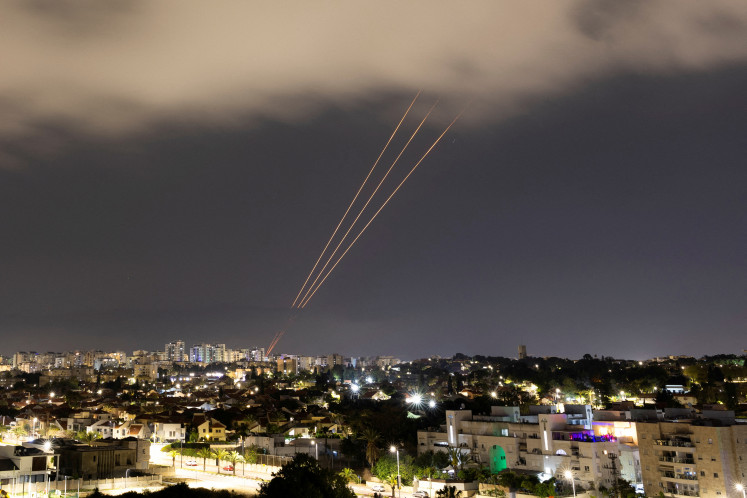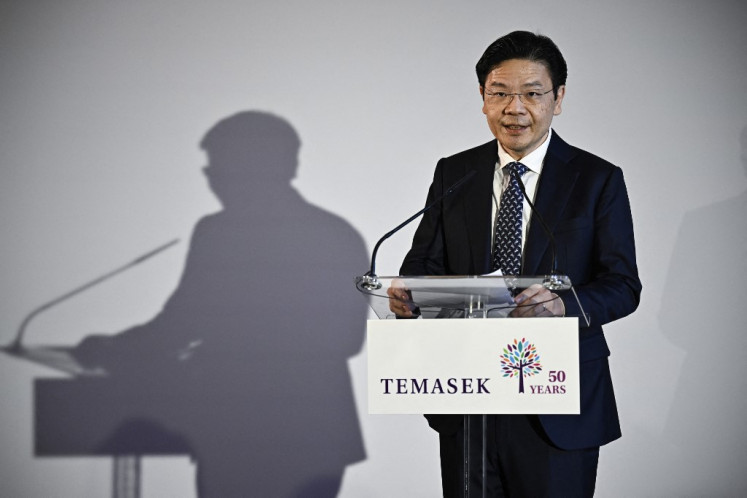Private, public partnership key to sustainable new city
The idea of a new city, an urban area designed from scratch, has been adopted by several countries, but the key to a successful new city is good cooperation between the private sector and the government, experts said at a recent discussion in Jakarta
Change Size

T
he idea of a new city, an urban area designed from scratch, has been adopted by several countries, but the key to a successful new city is good cooperation between the private sector and the government, experts said at a recent discussion in Jakarta.
New Cities Foundation director Mathieu Lefevre said the incentives the public sector provided were sometimes not in line with what private entities needed.
'Therefore, it is very important to determine first the mechanisms of the cooperation,' he said, adding that unclear plans between the two sectors often created conflict.
Lefevre said the two sectors had different ways of thinking. 'The private sector needs a return on investment in the short term, like 10 to 15 years, while building a new city takes longer,' he said.
The director said the government should also have a clear vision of the city. He said cities should have identities. 'Cities without identities will not be attractive,' he said.
The 100 existing new cities across the globe can be divided into three categories ' garden cities, economic cities and political cities, he said.
Lefevre said garden cities were created for a cleaner lifestyle, providing clean air and green neighborhoods.
'Economic cities were built for industry, for example, King Abdullah economic city, the US$100 billion project to diversify the economics away from oil,' he said, referring to King Abdullah city in Saudi Arabia.
He added that political cities were used for new capitals such as Brasilia, Islamabad, Canberra and Astana.
The discussion was among the pre-events of the New Cities Summit, which this year will be hosted by Jakarta from June 9 to 11. Regional leaders, decisionmakers and businesspeople will attend the summit to discuss ways to
develop cities.
Kazakhstani Ambassador to Indonesia Askhat T. Orazbay said during the discussion that his government had decided to move Kazakhstan's capital city from Almaty to Astana for various reasons, including Almaty's remote location from other parts of the country. 'We could not expand the city as it is surrounded by mountains,' he said.
Askhat said the government had offered a lot of incentives to the private sector and residents who wanted move to the new capital in 1998.
'The government announced Astana as a special economic zone. Any person or legal entity running their businesses was allowed to import goods with exemption from paying any taxes,' he said.
'There were 71 cities which participated in the construction of Astana, whereas 432 construction companies and 135 plants provided necessary building materials,' he said.
A governor team member for development acceleration, Sarwo 'Yani' Handayani, said the idea of building a new city as Indonesia's capital had been around for some time.
She said, however, that she doubted Indonesia had the financial ability to move the capital from Jakarta to a new city.









